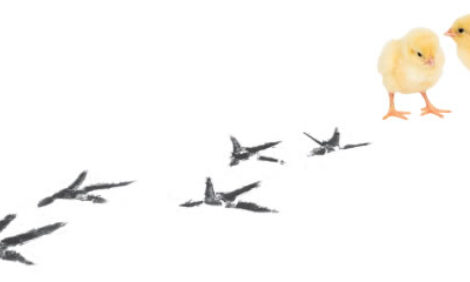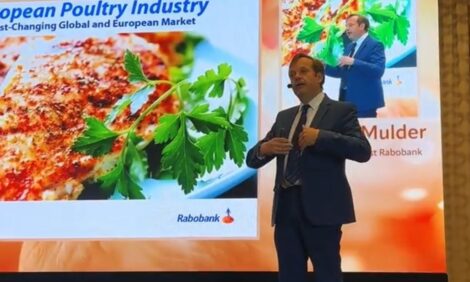



Here’s what the egg farm of the future looks like
NETHERLANDS - By placing hen welfare and the planet first, can you come up with a better business model for egg production? The innovators at Dutch farm Kipster think soWords Melanie Epp
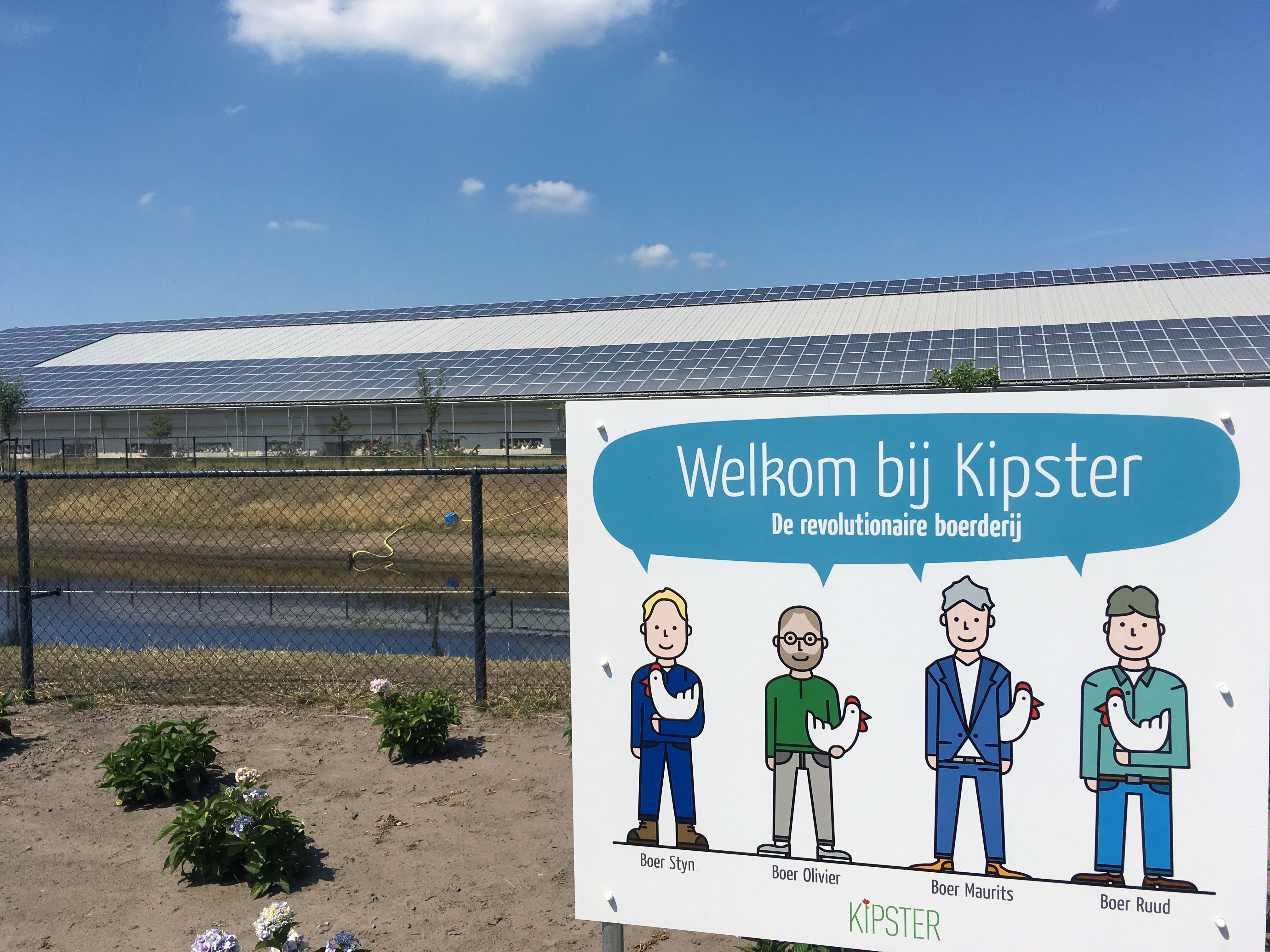
Kipster claims to be the most animal and environmentally friendly poultry farm in the world, and it just might be. The concept, which puts hen health and welfare at the heart of the business, distances itself from large-scale commercial production by focusing on improving egg production at the economic, environmental and societal levels.
Located in Castenray in the Netherlands, the Kipster concept took more than four years to develop. The four Dutch entrepreneurs who developed the concept, Styn Claessens, Ruud Zanders, Maurits Groen and Olivier Wegloop, bring a variety of expertise in poultry and poultry production, sustainability and communication. Together, they work closely with key organisations, including the Dutch Society for Prevention of Cruelty to Animals, Milieudefensie (a Dutch environmental organisation) and Urgenda (a sustainability foundation), to create the most sustainable and animal welfare-friendly system possible.
“It’s very important to talk and discuss together,” said Zanders in a recent interview. “And to find ways together to make animal welfare work in practice.”
Retail giant Lidl has been hugely involved since the beginning, supporting Kipster through sales and fair compensation. Lidl started selling Kipster eggs in October 2017.
Hendrix Genetics is also a supporter and proud partner of the concept, with the first flock of 24,000 Dekalb White laying hens moved into their new home last September.
Focus on hen health and welfare
At Kipster, the hen - its health and welfare - is the main focus. Laying hens, said entrepreneur Ruud Zanders, are more than just egg machines. They are animals with instincts and needs and Kipster has been designed to meet those needs.
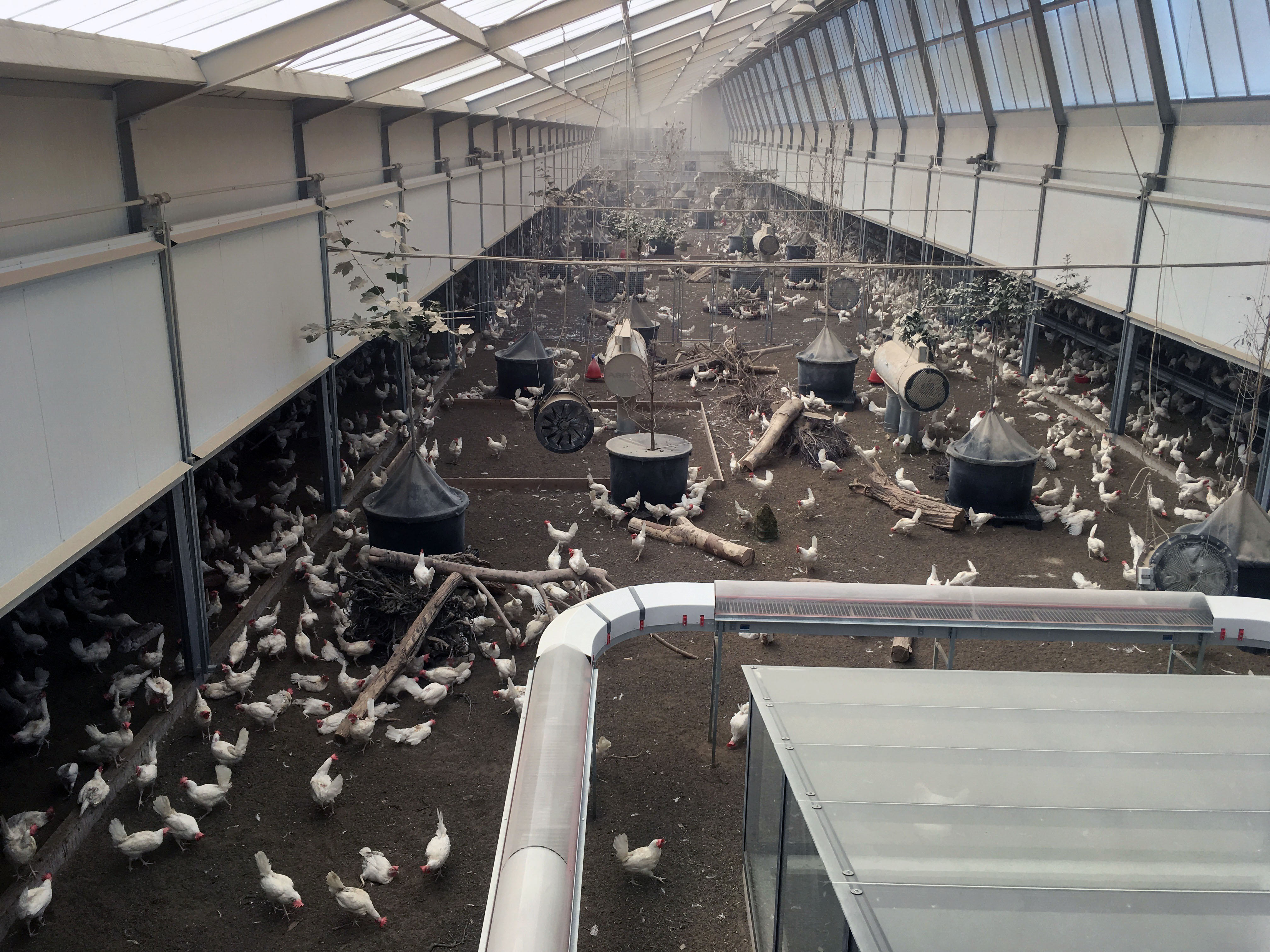
The design of the barn, which is laid out in a way that imitates natural wooded environments, creates a virtual playground for the hens. There is plenty of natural light, clean air and areas for scratching, jumping and hiding.
Even the feed they use at Kipster is unique. Nijsen/Granico, a small feed company in the Netherlands, turns processed food for human consumption that would otherwise go to waste into high-quality animal feed. Slightly-too-dark waffles, packaged tortilla wraps that don’t have perfect grill marks and even a Dutch favourite, the stroopwafel, are ground and processed to create feed for pigs and poultry.
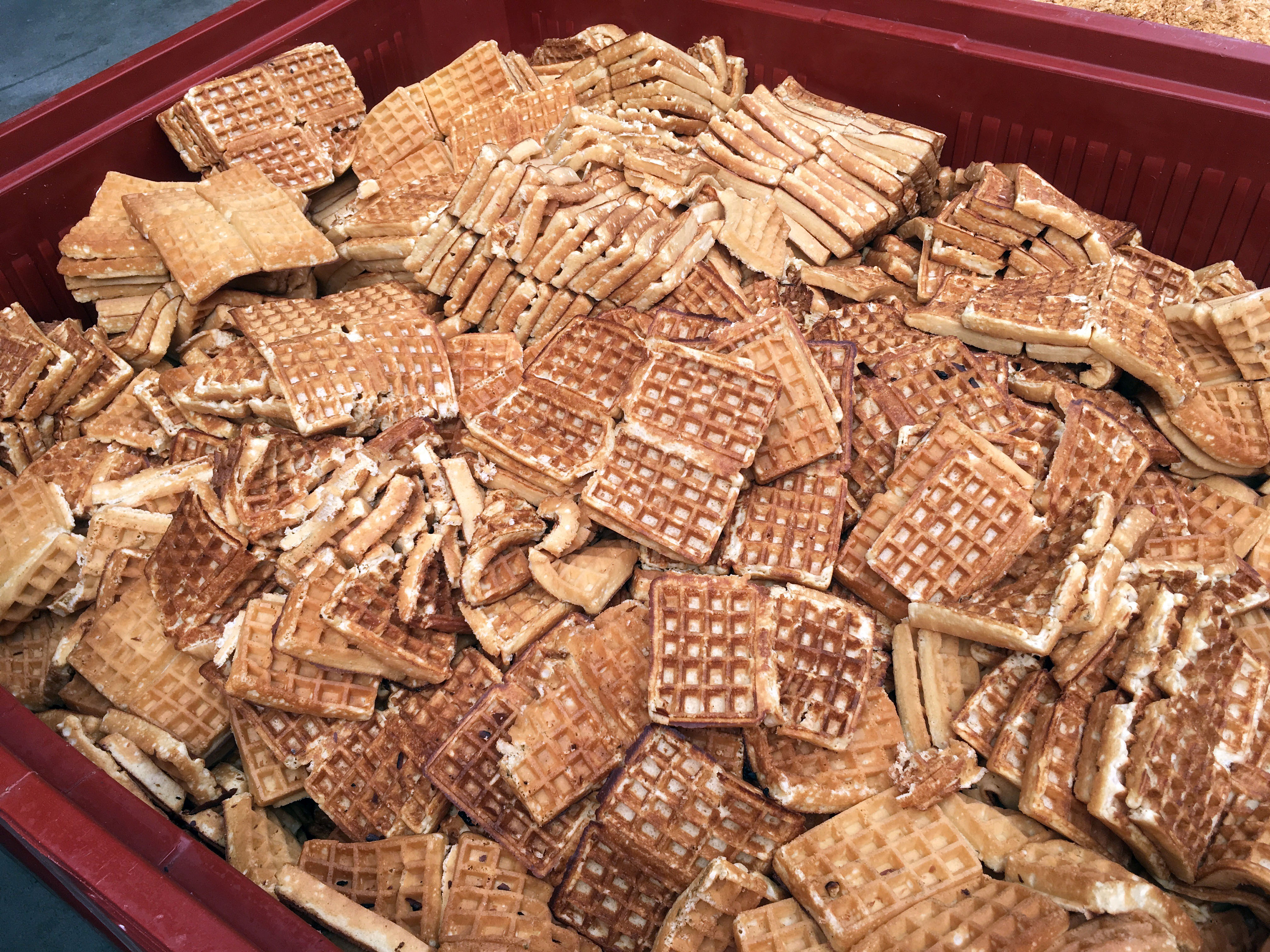
In order to keep disease at bay, the barn has been designed in a way that makes every corner accessible for cleaning. The outdoor area is fenced off and covered in a net, which reduces loss to predators. In the case of a need to house them around the clock - due to an avian influenza in the region, for example - the birds can be brought back inside, but still feel like they are outside.
The business has been designed with the environment in mind, as well. Ammonia emissions are extremely low (just 0.025kg per chicken), and fine-particle emissions have been reduced by more than 90 percent. Kipster’s roof is covered in 1,078 solar panels, which produce more energy than they can use, and the farm runs on electricity only; the business does not use fossil fuels.
Kipster even addresses environmental issues, such as the carbon footprint left by transporting its products, by packing eggs on-farm and delivering them directly to retailers.
Each week, the farm invites visitors to its education and information centre to teach them about its forward-looking system. Visitors can safely tour the farm without disturbing the hens.
Unlike other layer farms, when hens are ready to retire, they are not dumped abroad where they might disrupt markets, but are instead processed into high-quality meat products. The roosters are used to make burgers, which are later sold to Lidl and, explained Zanders, in the future they plan to do the same with spent hens. “We are now looking at which products we are going to make,” he said.
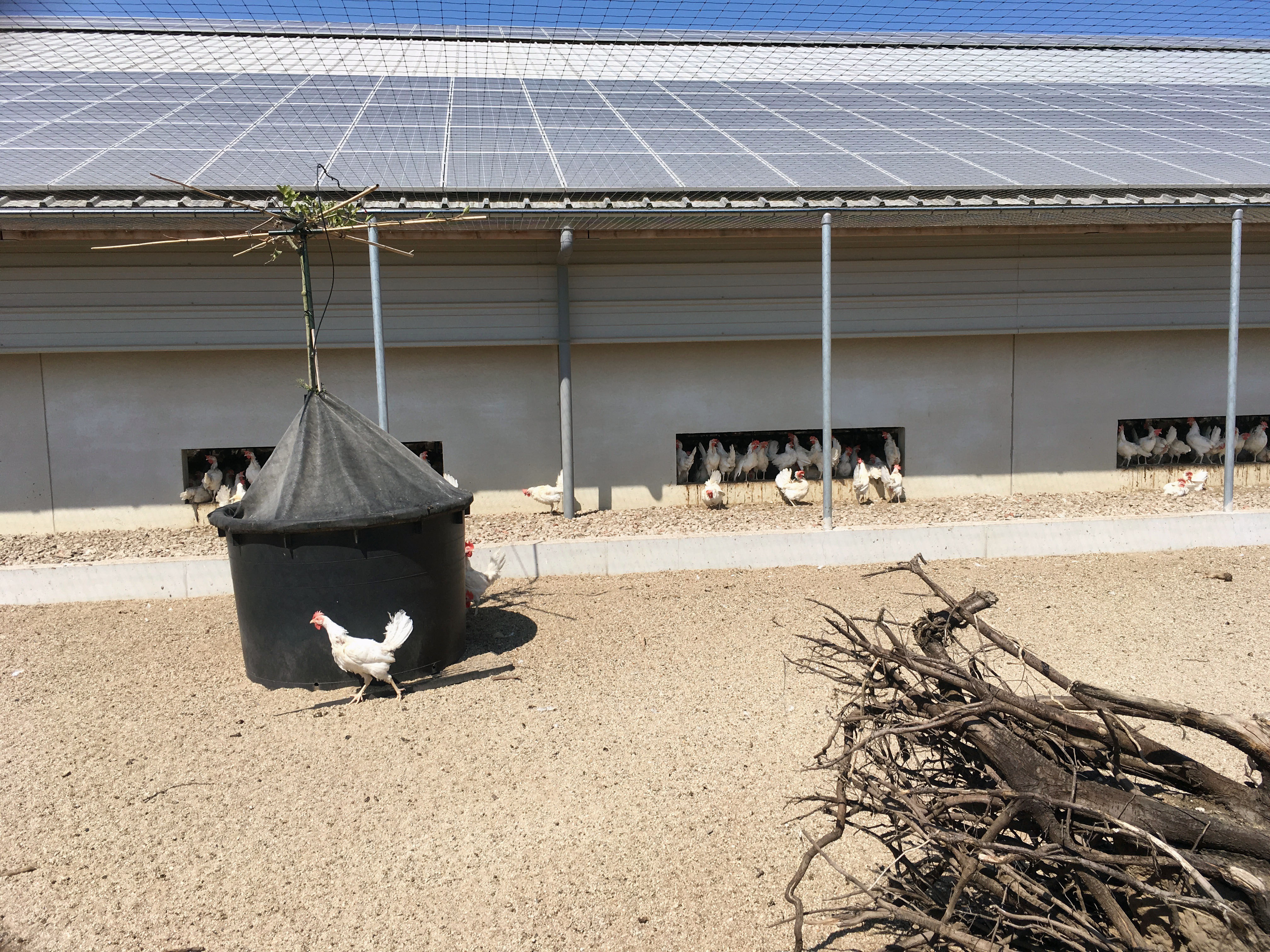
Products made from spent hens will arrive on the market in January 2019. Along with their eggs, Kipster plans to sell the meat products to Lidl as well. Plans for expansion to a second barn for Lidl are also in the works, Zanders explained. “And we plan to sign some contracts in two other countries besides the Netherlands,” he said. “But it is too early to announce which countries.” Zanders and his partners at Kipster believe that animals play an important role in feeding the world, but that it must be done more sustainably. They believe that their concept is headed in the right direction by using human food waste for feed, and by operating a carbon-neutral business rather than a business that contributes to world CO2 production. By developing products made from males which are of the laying breed and end-of-lay hens, they address another important aspect of food waste: the unnecessary disposal of potential poultry products within the egg industry.
“And if you have that role for animals - there’s no other role in our opinion - then you create a farm that is animal friendly, environmentally friendly and people friendly,” Zanders concluded. “So, no minimum standards, but maximum standards.”








